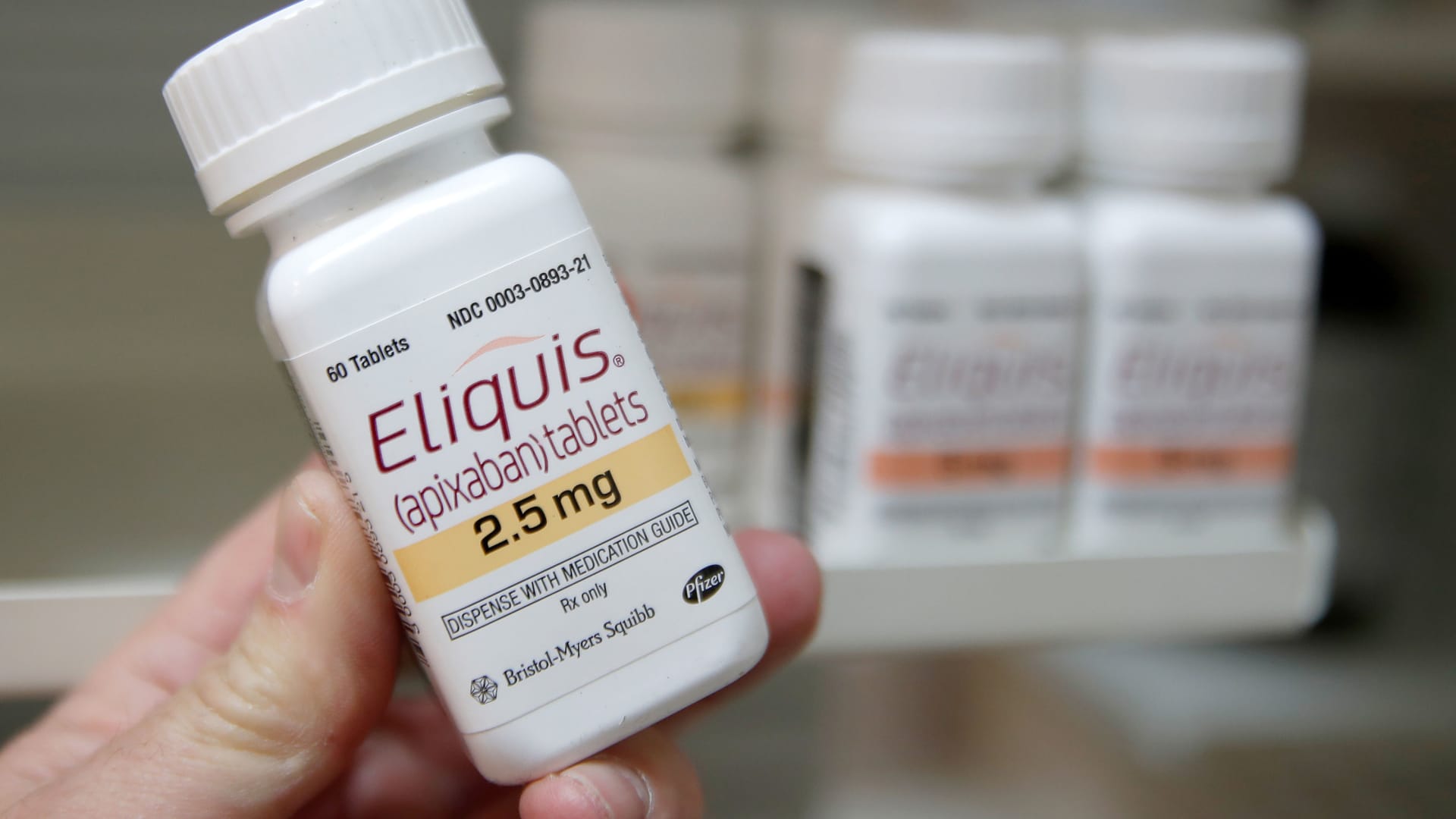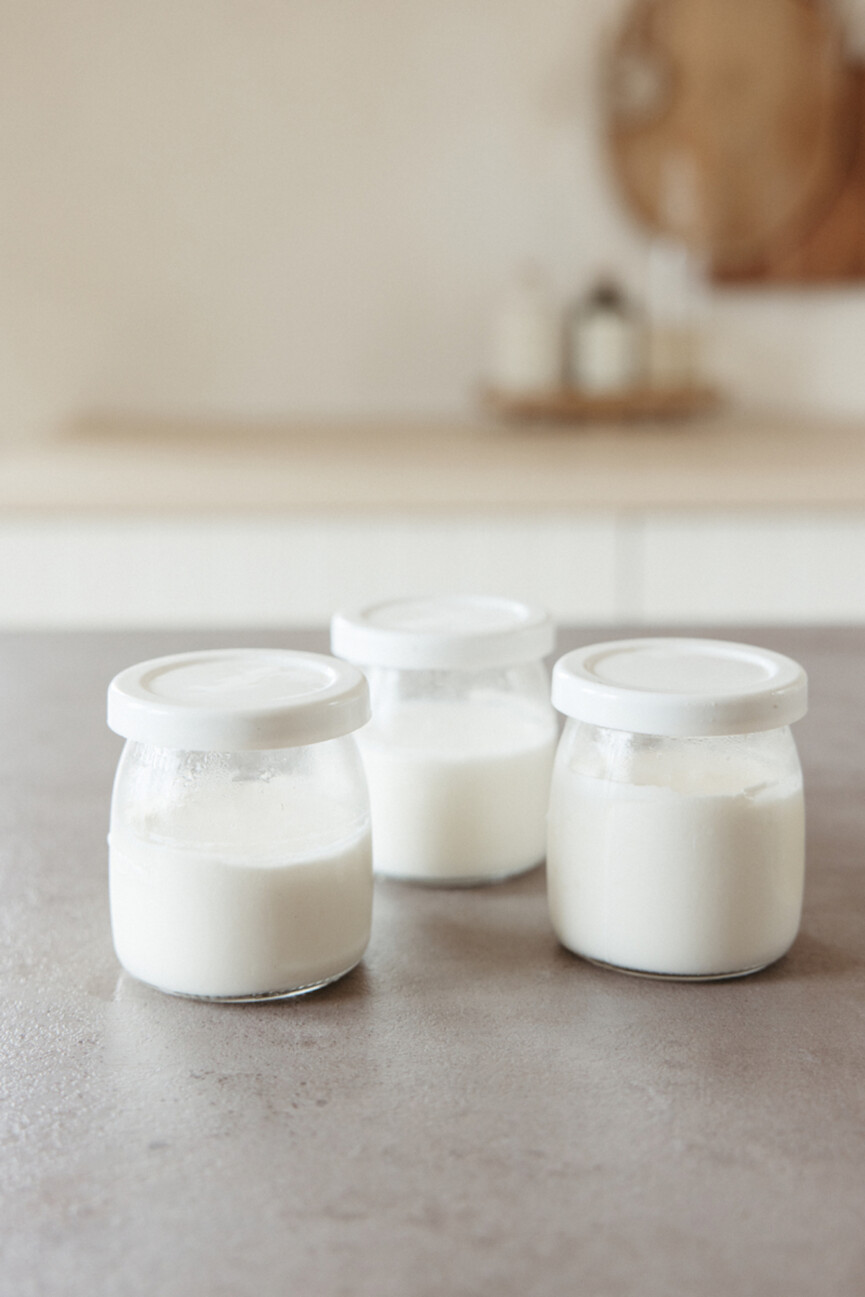
Gypsy Rose Blanchard, who suffered years of abuse by a mother who foisted numerous fake illnesses upon her, will be released from prison early after serving eight years of a decade-long murder sentence.
Blanchard, 32, has been granted parole and is scheduled for release on Dec. 28, a spokesperson for the Missouri Department of Corrections confirmed Friday. Local Missouri outlet Ozarks First was the first to report the news Thursday.
Blanchard, whose story was portrayed in the 2019 scripted Hulu series “The Act,” has been in custody since 2015 for her involvement in the murder of her mother, Clauddine “Dee Dee” Blanchard, who is suspected to have had an undiagnosed case of Munchausen syndrome by proxy.
That mental disease, experts said during the trial, caused her to fabricate what she claimed were her daughter’s various illnesses, including leukemia, muscular dystrophy and brain damage from a premature birth. She also unnecessarily made her child use a wheelchair, shaved her head to mimic the side effects of chemotherapy, and gave her medication that led to severe tooth decay, all while collecting gifts and donations from the Make-A-Wish Foundation and other charities for sick children.
After Dee Dee Blanchard was found stabbed to death in her Springfield, Missouri, home, her daughter admitted to conspiring with her boyfriend, Nicholas Godejohn, to carry out the murder while she hid elsewhere in the house as he ended the older woman’s life.
Gypsy Rose Blanchard pleaded guilty to second-degree murder, while a jury found Godejohn guilty of first-degree murder. He was sentenced to life in prison without the possibility of parole.
In an interview with ABC News’ “20/20” in 2018, Blanchard said prison was more liberating than life with her mother, who she eventually discovered was fabricating her various illnesses.
“The prison that I was living in before, with my mom, it’s, like, I couldn’t walk. I couldn’t eat. I couldn’t have friends. I couldn’t go outside, you know, and play with friends or anything,” Blanchard said. “Over here, I feel like I’m freer in prison than with living with my mom. Because now, I’m allowed to … just live like a normal woman.”

























































